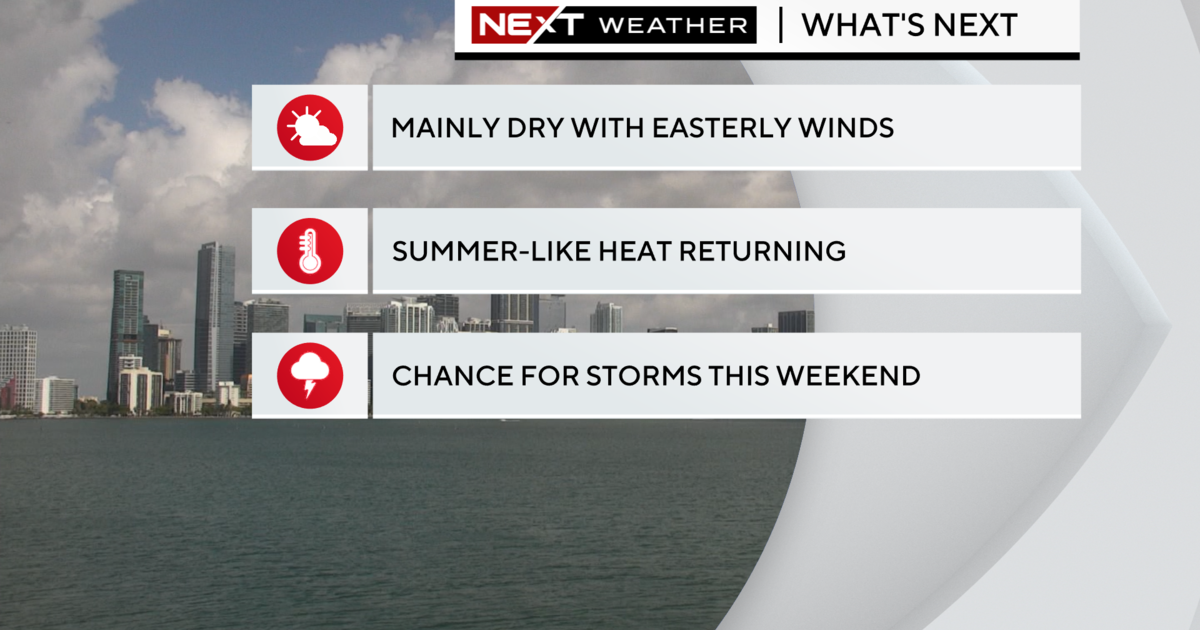Winter, what winter? South Florida still sees temps in the 80s
MIAMI - The season is about to change again for most of the US, but not so much for South Florida.
Winter is on our doorstep depending on if you follow the position of the Earth in relation to the Sun or if you base it on the annual temperature cycle.
Those of us who work in the sciences like to follow the meteorological seasonal changes since it's easier to compile stats.
People seem to understand it better and here's why:
Meteorological seasons are divided up into four groups of three months each. Winter includes December, January, and February. They are typically the coldest months of the year.
Summer is made up of June, July, and August, which are the warmest months. The in-between months of September, October, and November are Fall or Autumn, while March, April, and May are considered the Spring months.
Each season has approximately 90-92 days and they each begin on the first day of the month. All these things make it easier for us to keep track of weather events.
If you like to follow the calendar, the seasons are divided up astronomically.
They change based on natural variance according to the position of the Earth & Sun. They follow the Earth's rotation which can put the start of a season on a different day from year to year, give or take a day.
This year, the Winter Solstice occurs on December 21st at 4:48 p.m. EST. That is the point when the Northern Hemisphere is tilted 23.4 degrees away from the sun. It is the shortest day of the year for us. After that day, our daylight hours will slowly become longer.
No matter how you measure the seasons, South Florida has less temperature change than most of the country. We'll still have temps in the 80s.




